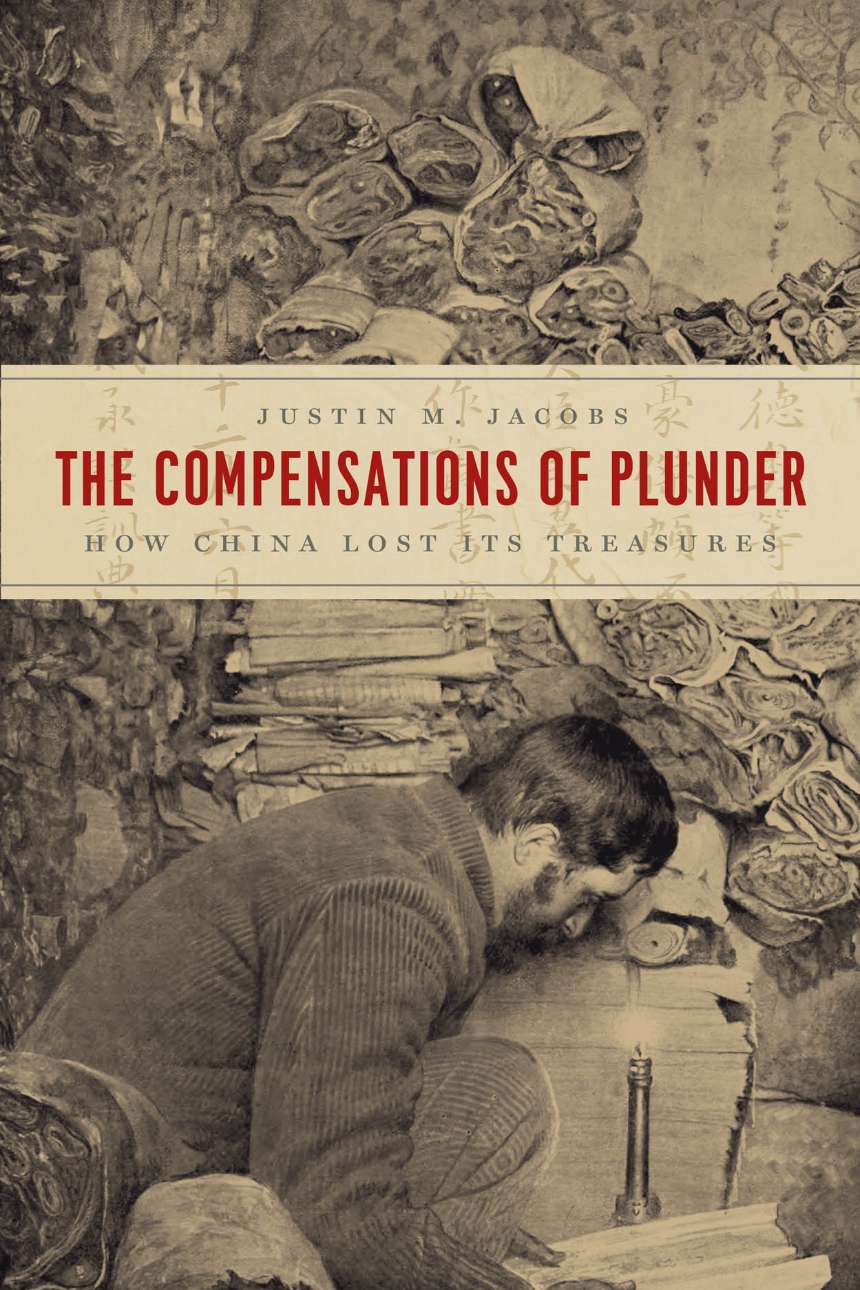The Compensations of Plunder
How China Lost Its Treasures
From the 1790s until World War I, Western museums filled their shelves with art and antiquities from around the world. These objects are now widely regarded as stolen from their countries of origin, and demands for their repatriation grow louder by the day. In The Compensations of Plunder, Justin M. Jacobs brings to light the historical context of the exodus of cultural treasures from northwestern China. Based on a close analysis of previously neglected archives in English, French, and Chinese, Jacobs finds that many local elites in China acquiesced to the removal of art and antiquities abroad, understanding their trade as currency for a cosmopolitan elite. In the decades after the 1911 Revolution, however, these antiquities went from being “diplomatic capital” to disputed icons of the emerging nation-state. A new generation of Chinese scholars began to criminalize the prior activities of archaeologists, erasing all memory of the pragmatic barter relationship that once existed in China. Recovering the voices of those local officials, scholars, and laborers who shaped the global trade in antiquities, The Compensations of Plunder brings historical grounding to a highly contentious topic in modern Chinese history and informs heated debates over cultural restitution throughout the world.
352 pages | 32 halftones | 6 x 9 | © 2020
Asian Studies: East Asia, General Asian Studies
History: Asian History, Discoveries and Exploration
